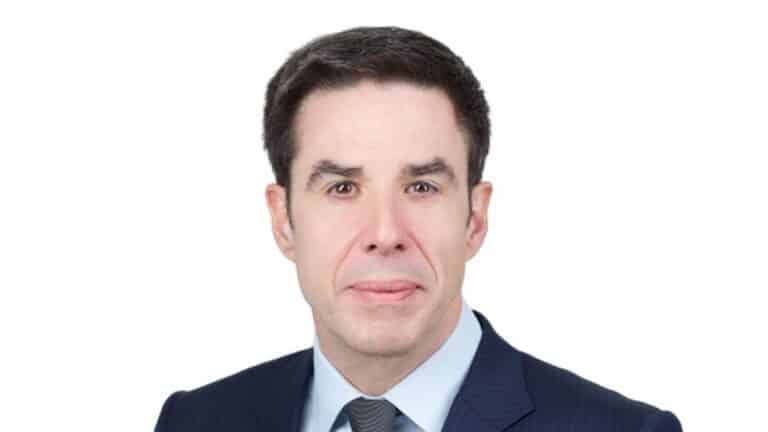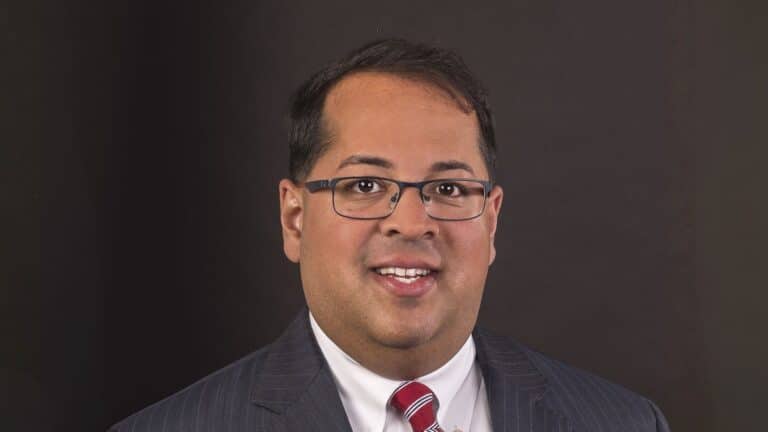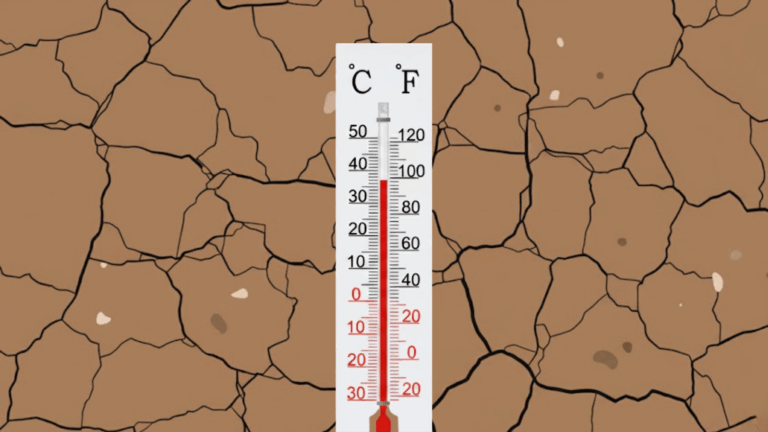Could a strategic lithium reserve kickstart US supply chain development?
NEW YORK -- A strategic lithium reserve is being mooted as a solution to stabilize volatile prices that have hindered American mining projects, allowi
Current Access Level “I” – ID Only: CUID holders, alumni, and approved guests only
Woods Hole Oceanographic Institution
Elevated ocean temperatures are rising sea levels, inundating coastlines, sinking island nations, bleaching coral, and creating more dangerous hurricanes. But oceans also act as a buffer against global warming.
Climate scientists are increasingly turning their attention to oceans. For a deep dive into the science shaping our understanding of the Earth’s watery depths, host Bill Loveless spoke with Peter de Menocal, president and director of Woods Hole Oceanographic Institution in Massachusetts.
Peter is a marine geologist and paleoclimatologist by training, and the founding director of Columbia University’s Center For Climate And Life – a research accelerator that supports and trains the next generation of Earth scientists.
They discussed how oceans are changing, the capacity of oceans to take up carbon and the need for policy-relevant research on the seas. They also talked about what led Peter to a career studying and exploring oceans.
If it seems like you're hearing a lot more about geothermal energy lately, that's because this clean, firm energy source is at a technological turning point. With roots...

Investment in clean energy technologies is on course to hit a record $2.2 trillion this year, according to the International Energy Agency. That’s more than twice the amount...

The national conversation around climate change is shifting. There’s more focus on energy affordability and demand, as well as on the dual role artificial intelligence plays as both...

The Federal Energy Regulatory Commission (FERC) regulates the United States’ energy transmission, pipeline networks, and wholesale rates for electricity. For much of its history, FERC was a little-known...

On November 6, 2025, in the lead-up to the annual UN Conference of the Parties (COP30), the Center on Global Energy Policy (CGEP) at Columbia University SIPA convened a roundtable on project-based carbon credit markets (PCCMs) in São Paulo, Brazil—a country that both hosted this year’s COP and is well-positioned to shape the next phase of global carbon markets by leveraging its experience in nature-based solutions.

Connecticut needs an honest debate, and fresh thinking, to shape a climate strategy fit for today, not 2022.


As diplomats meet in Brazil for COP30, global resolve to tackle the climate challenge appears badly frayed.
